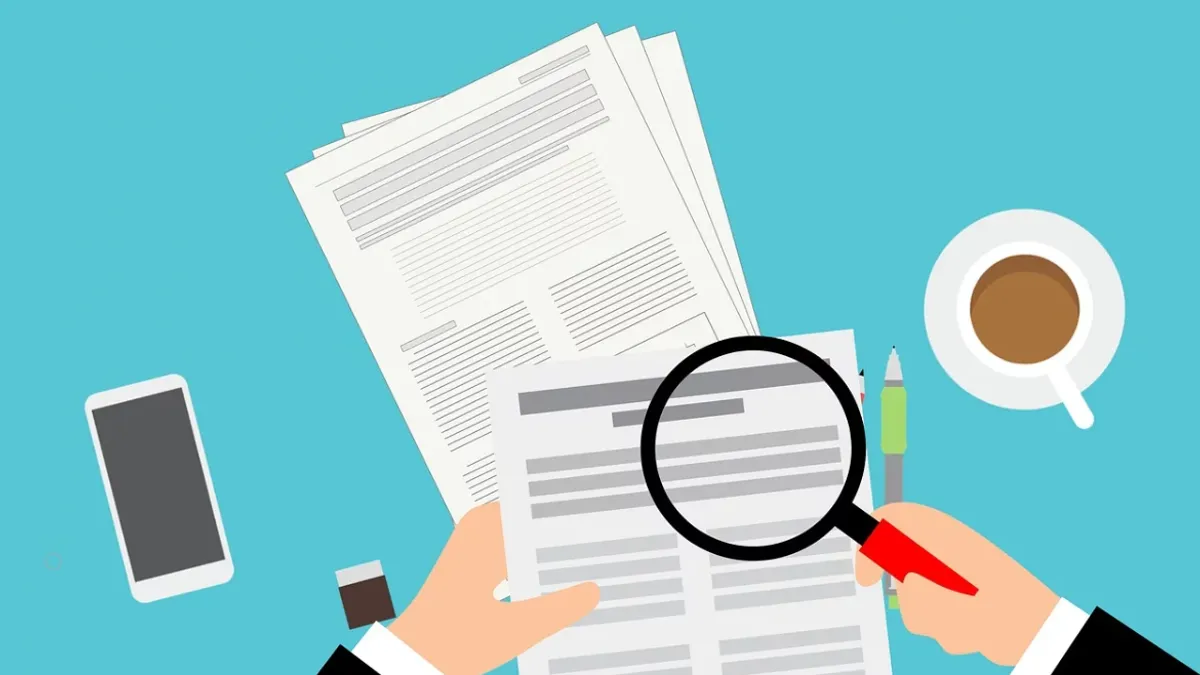Dive Brief:
- Companies dismissing their auditor-provided tax services out of concern for appearances end up paying more taxes by 1.64 percentage points, according to a study in Accounting Horizons, published by the American Accounting Association.
- These companies pay an effective tax rate 1.36 percentage points higher than they did previously.
- The 419 companies that either dismissed or sharply curtailed the tax services of their auditors ended up paying $7.65 million more in taxes.
Dive Insight:
The reason for the tax hit is a loss of familiarity with the company's tax planning, the researchers say.
"Obtaining tax services from a new provider can result in decreased tax avoidance, because the new service provider lacks familiarity with the client's existing tax planning, or [lacks] the expertise to generate new tax-avoidance opportunities," researchers said.
The negative tax impact is short-lived. By the second year, the new tax service typically matches the old one in terms of tax avoidance. But it's nevertheless a costly change, said Kirsten Cook of Texas Tech University, one of the researchers.
"While the costs are short-lived, they are large in magnitude, both statistically and economically,” he said. The other researchers were Kevin Kim of the University of Memphis and Thomas Omer of the University of Nebraska-Lincoln.
The move to decouple tax services from regular audit services has been gaining steam since big accounting scandals, including those involving Enron and WorldCom, rocked the auditing profession in the early 2000s.
Companies have been trying to bolster the appearance of independence in their auditor-client relationship. The move toward independence culminated in 2016 when the European Union enacted sweeping reforms requiring the services to be kept separate.
In the United States, auditors can still provide a mix of services, including tax services, but those often invite scrutiny.
The researchers say switching to independent tax advisors solely for appearance’s sake is a costly strategy.
"Even if the outgoing and incoming tax-service providers possess equal tax expertise, the incoming provider requires time to ascertain the client's current tax planning and design/implement tax-avoidance activities to capitalize on any additional tax-avoidance opportunities," Cook said.












